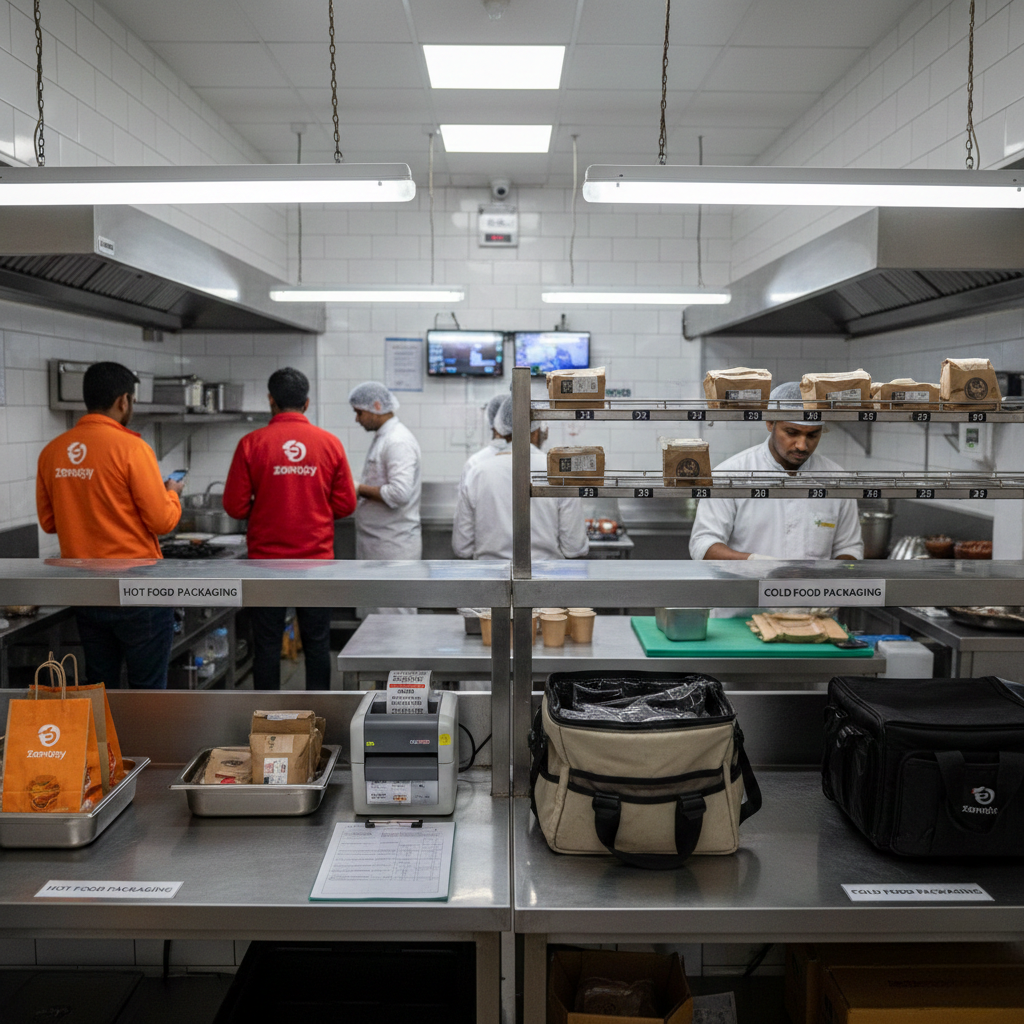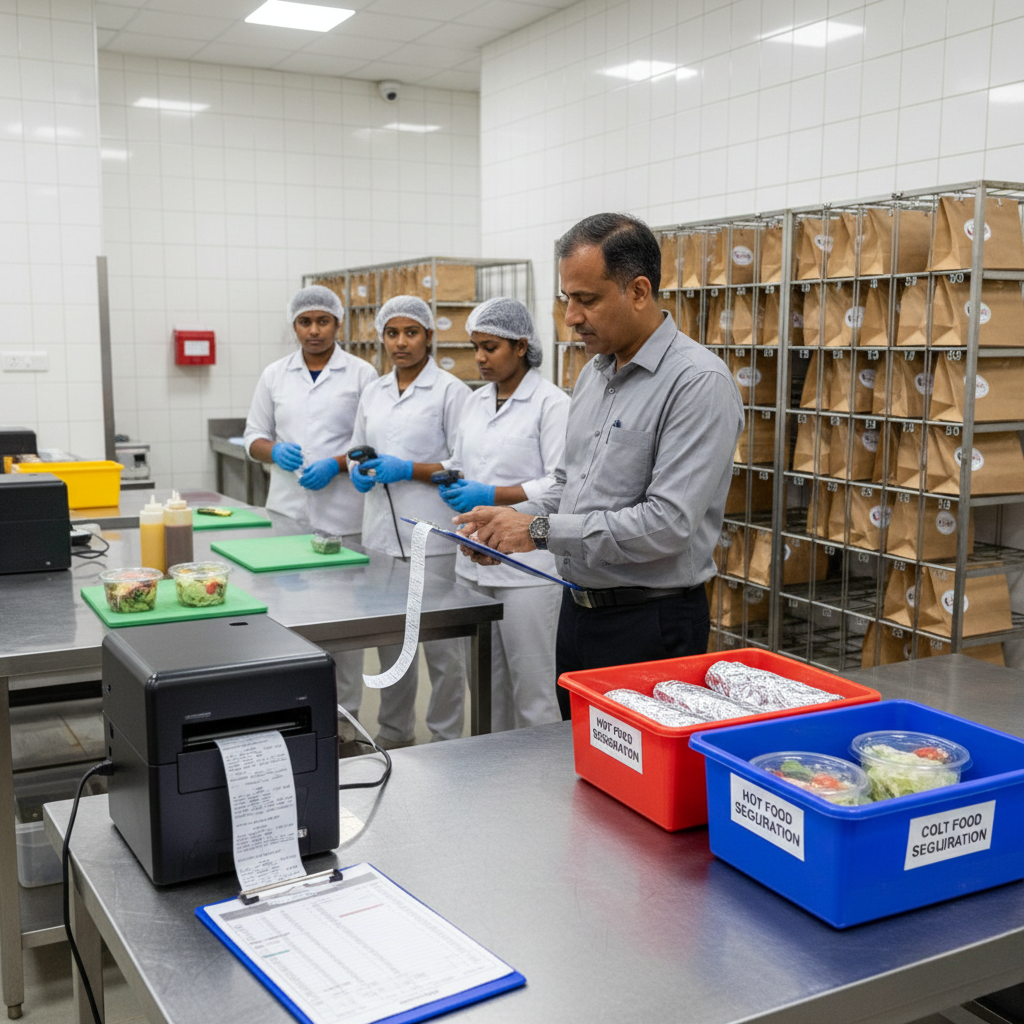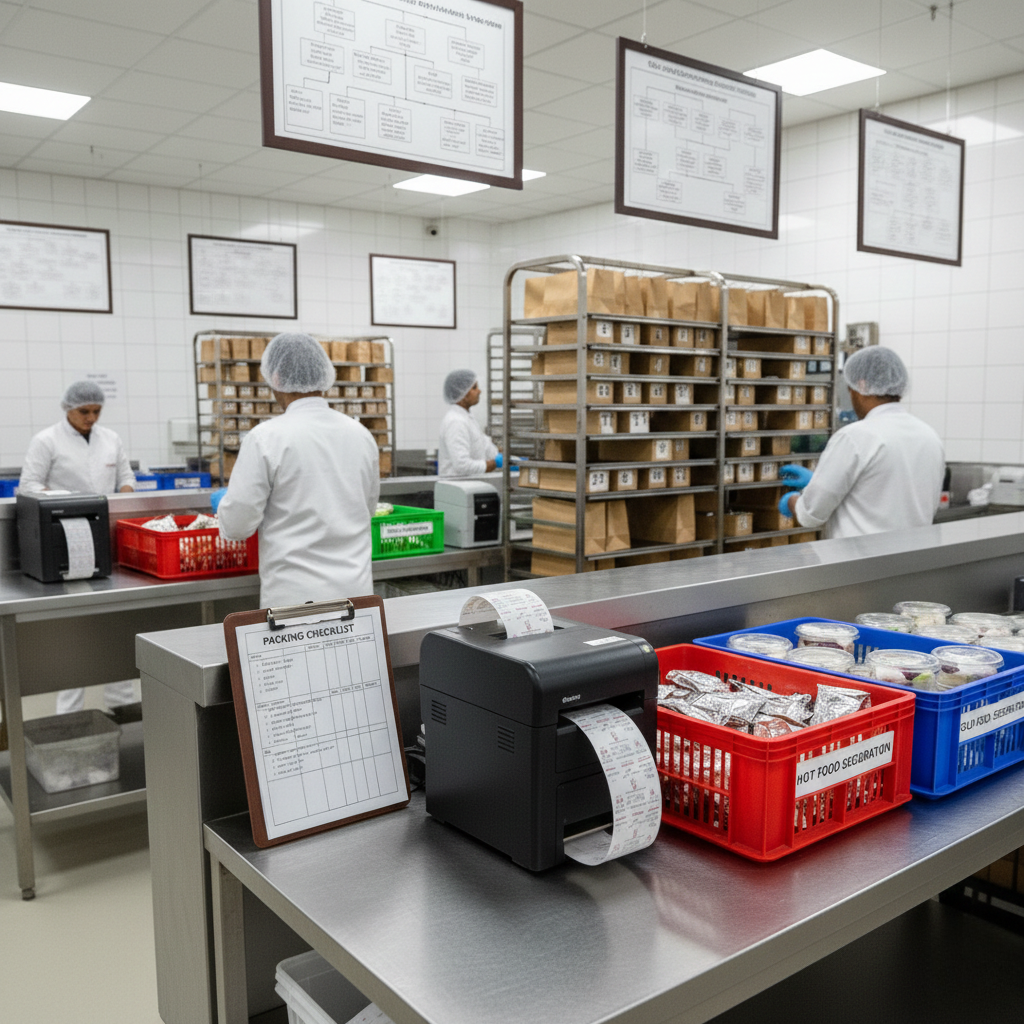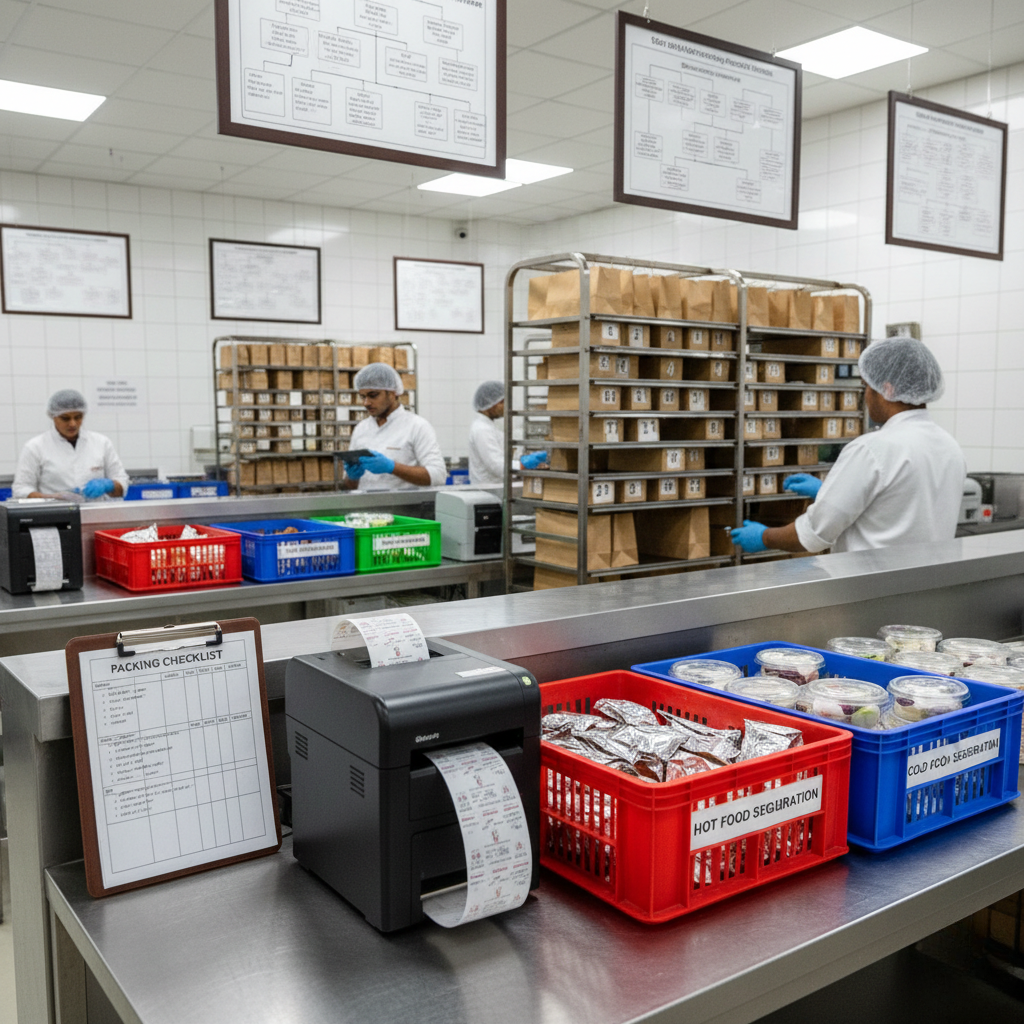The food industry continues to flourish globally, offering numerous opportunities for entrepreneurs. Among the various business models, the Food Franchise Business stands out as a particularly profitable and sustainable option. At Grow Kitchen, we understand the intricacies of this industry and the immense potential it holds for aspiring business owners. This article delves into why investing in a food franchise is a wise business decision, highlighting the advantages and profitability of this model.
Proven Business Model
One of the primary advantages of investing in a food franchise is the access to a proven business model. Franchisors have already established successful operational strategies, marketing tactics, and brand identities.
Minimized Risk: Starting a new business always involves risk. However, franchising significantly reduces this risk by providing a tried-and-tested business framework. Franchisees can benefit from the franchisor’s experience and avoid common pitfalls associated with startups.
Brand Recognition: Franchisees leverage the established brand name, which comes with built-in customer trust and recognition. This immediate brand loyalty translates into faster customer acquisition and retention, crucial factors for profitability.

Comprehensive Support System
Franchisors typically offer extensive support to their franchisees, ensuring that they are well-equipped to manage their business effectively.
Training Programs: New franchisees receive comprehensive training covering all aspects of the business, including operations, customer service, and marketing. This ensures that even those with no prior experience in the food industry can run their franchise successfully.
Ongoing Assistance: Continuous support from the franchisor in areas such as marketing, supply chain management, and technical assistance helps franchisees overcome challenges and optimize their operations.
Economies of Scale
The food franchise model benefits significantly from economies of scale, which can lead to increased profitability.
Bulk Purchasing Power: Franchise networks can negotiate better prices with suppliers due to their larger collective purchasing power. This reduces the cost of goods sold (COGS), thereby increasing profit margins for individual franchisees.
Shared Marketing Costs: Marketing expenses are often shared among franchisees, reducing the individual financial burden. National and regional advertising campaigns funded by the franchisor also enhance brand visibility and customer reach.

Read Also : Profitable Food Franchises: Your Path to Culinary Success
The Rise of Low-Cost Food Franchises: Opportunities and Benefits
Higher Success Rates
Statistics indicate that franchises have higher success rates compared to independent businesses. This is due to several factors inherent to the franchise model.
Standardized Operations: The consistency in operations and quality control maintained across all franchise outlets ensures customer satisfaction and repeat business. Standard operating procedures (SOPs) help maintain this consistency.
Performance Metrics: Franchisors track performance metrics and provide insights to franchisees, enabling them to make data-driven decisions. This continuous performance monitoring helps identify areas of improvement and implement corrective measures promptly.
Flexibility and Growth Potential
Food franchises offer flexibility and numerous growth opportunities, making them an attractive business venture.
Multiple Formats: Franchises come in various formats, including quick-service restaurants (QSRs), full-service restaurants, kiosks, and food trucks. This flexibility allows entrepreneurs to choose a format that best fits their investment capacity and market conditions.
Expansion Opportunities: Successful franchisees can often expand their business by opening additional outlets. Multi-unit ownership increases revenue potential and market presence, amplifying the profitability of the franchisee.

Adapting to Market Trends
Franchisors continuously adapt to changing market trends, ensuring that the business remains relevant and competitive.
Innovation: Many food franchises invest in research and development to innovate their menu offerings and service delivery methods. This adaptability keeps the franchise attractive to customers and ahead of competitors.
Technology Integration: Franchises are quick to integrate new technologies, such as online ordering systems, mobile apps, and contactless payment methods. These advancements enhance customer convenience and operational efficiency, driving profitability.
Franchise Case Studies
Examining successful food franchises provides insights into the profitability and growth potential of this business model.
Subway: With its customizable sandwiches and focus on health, Subway has become one of the largest and most profitable food franchises globally. Its success lies in its adaptability and efficient operations.
Domino’s Pizza: Known for its quick delivery service and technological innovations, Domino’s has consistently shown high profitability. Its effective use of data analytics and customer feedback systems has played a significant role in its success.
Read Also :- Top 10 Food Franchise Opportunities for 2025
KFC Franchise Cost & Requirements in India: A Complete Guide
Conclusion
Investing in a Food Franchise Business is a profitable choice for entrepreneurs looking to enter the food industry with minimized risk and high growth potential. The proven business models, comprehensive support systems, economies of scale, and higher success rates associated with franchises make them an attractive investment. Additionally, the flexibility, adaptability to market trends, and numerous expansion opportunities further enhance their profitability. At Grow Kitchen, we believe in the power of franchising to transform the food industry and provide sustainable business opportunities. Explore the possibilities and take the first step towards a profitable food franchise business.





